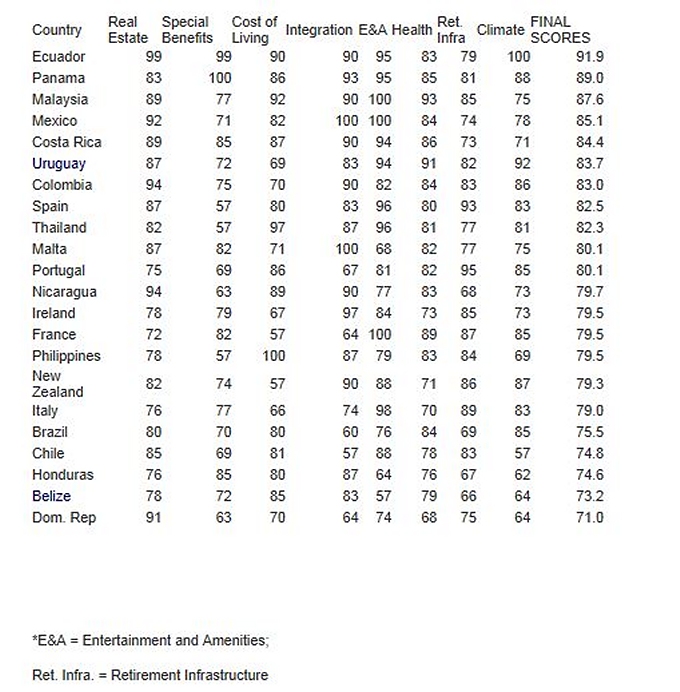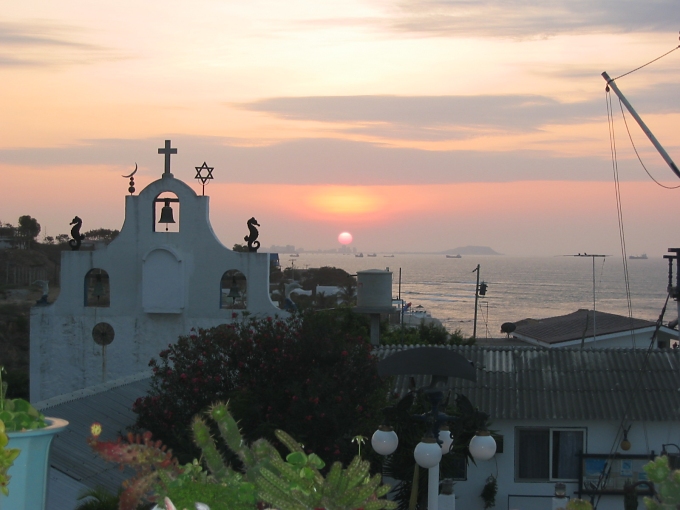Doing Without is Okay
/There's something about living aboard a boat that makes living without many things okay. For instance, we haven't had “facial tissues”, aka Kleenex, on board in a decade. First, they were hard to find, then they were expensive to buy and then we just forgot about using them. Toilet paper works just as well and it's far cheaper. It's that way for a lot of things when you live on a boat. At first you miss them a bit, then you forget about them altogether. Then when they're available again, you forget to use them or figure out it's easier and cheaper to live without them. Electrical appliances fall into this category. Electric can openers, mixers, blenders, irons, TVs. We had all of these in our house, of course, with the addition of a trash compactor, dishwasher, fridge/freezer, washer/dryer, etc. You name it and we had it. The list goes on and on … as did our electricity bill. Now we have a small microwave oven and a tiny space heater that we can only use when we're at the dock and connected to shore power. Most of the time, we forget they're there. There are no electric gadgets in the galley. We grind, grate, chop and blend the old-fashioned way and really, after awhile, you forget there are alternatives. We've spent several nights in hotel rooms, playing cards or comfortably reading in bed when we discovered there was actually a TV in the room and we just forgot to use it. Doing without shouldn't be equated with sacrifice. What it comes down to is what we really need and what we've gotten used to having, but can do without since we probably don't need it anyway.
It hasn't taken long to become reacquainted with all the modern conveniences and frankly, we've become quite wasteful since we've been back in the US. I forget to turn off lights when I leave a room. I let the water run too long so that it's hot enough or cold enough and never fill the tea kettle while it's running. We use the microwave constantly. I throw away things that I'd usually re-use. Yes, I'm a person who rinses out and re-uses gently, but previously used Ziploc bags … mostly because I might not be able to find them again. I save aluminum foil for the same reason. I save the net bags from onions because they're great to use when collecting mussels or clams. We save empty tuna cans because they make great containers when we're varnishing. We save plastic grocery bags for lining trash cans. Here, we throw all of this stuff away. It's easy to buy what you need. Easier to replace than reuse. Easier to use an electric appliance than do something manually. Oh, man, it's definitely time to get back to the boat.













